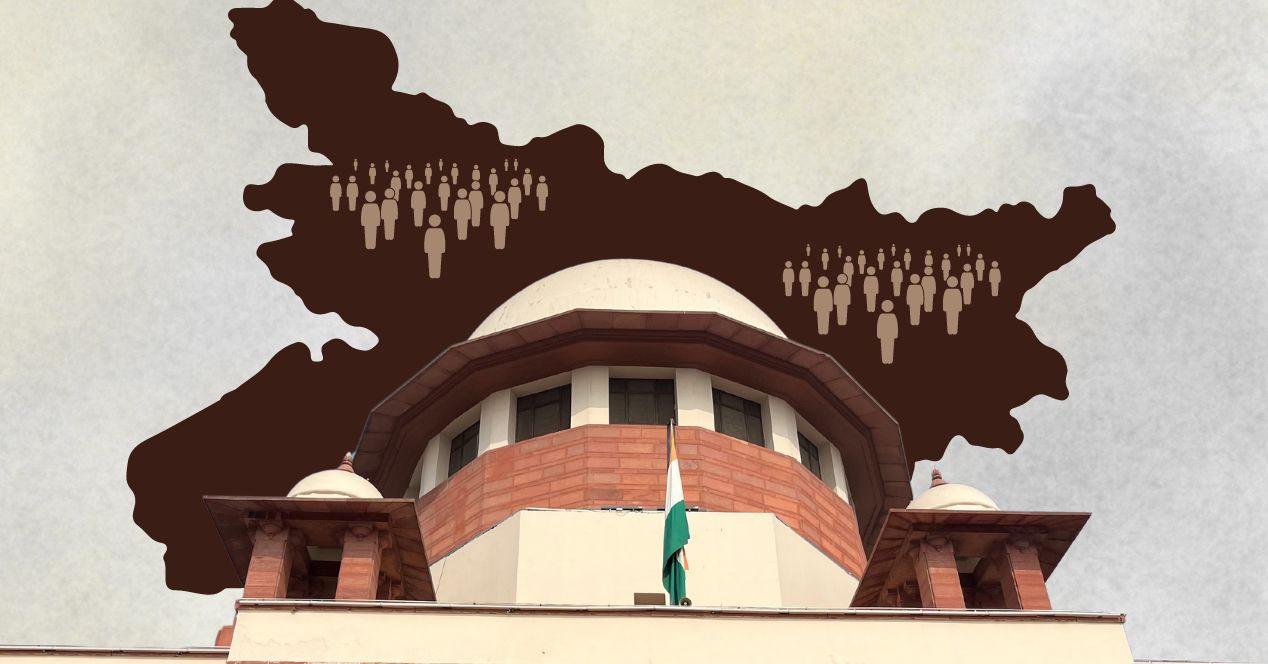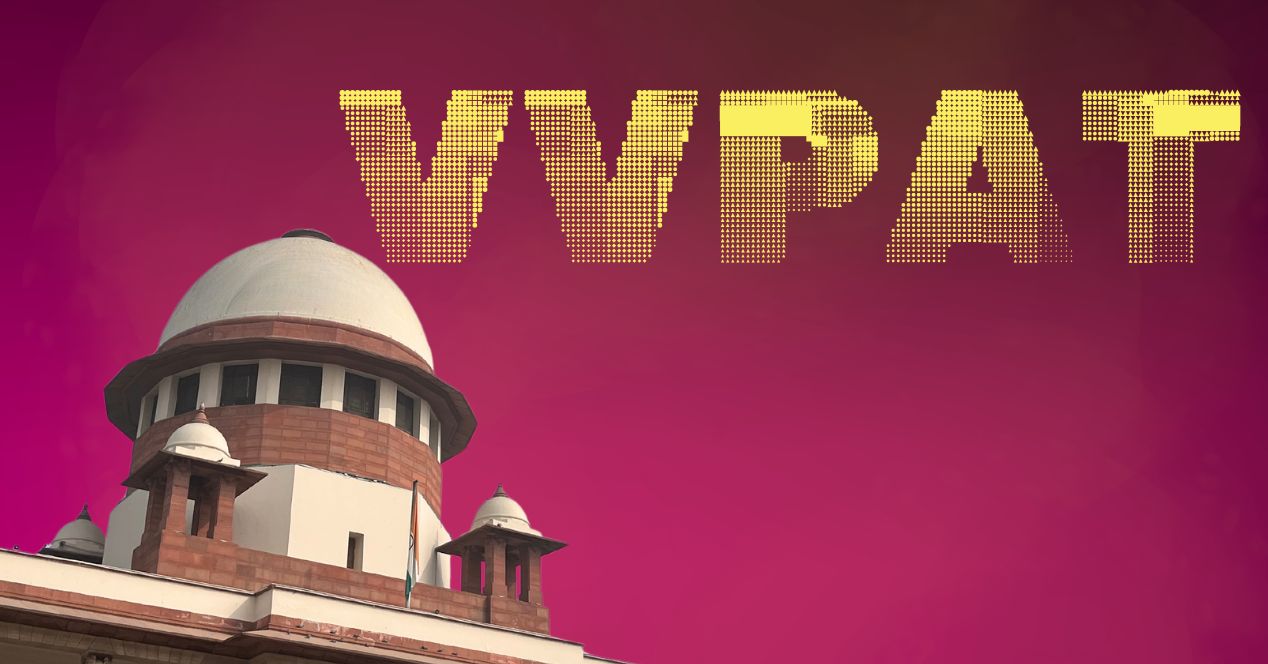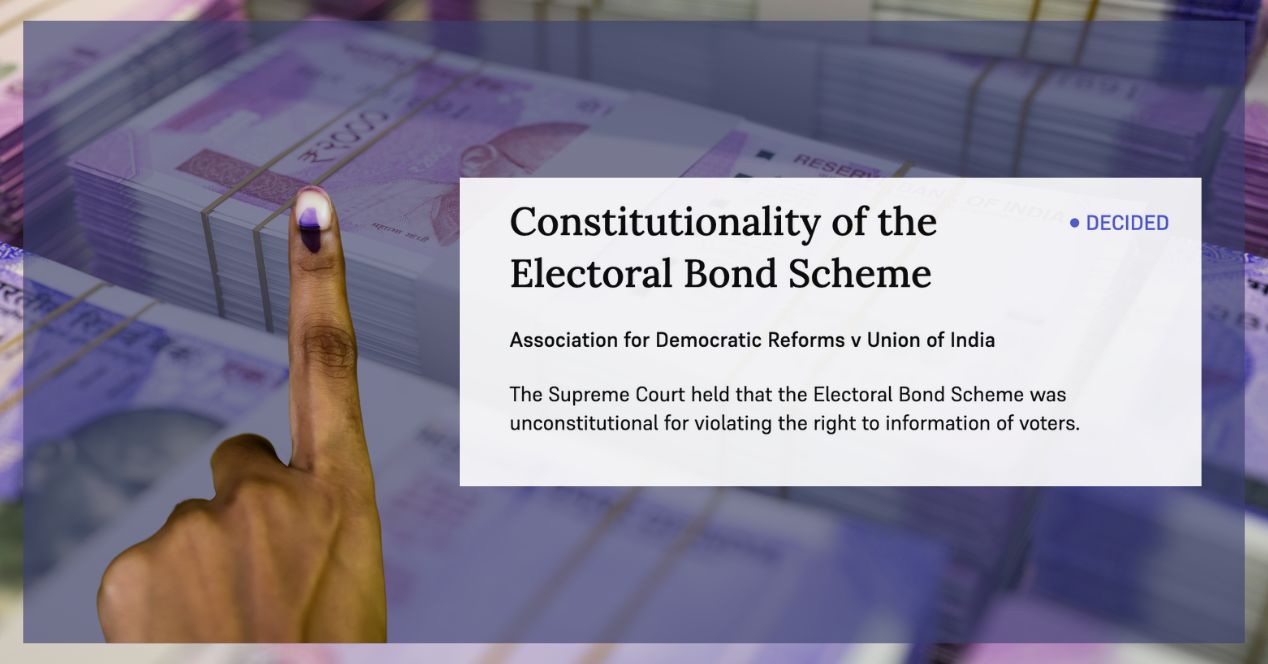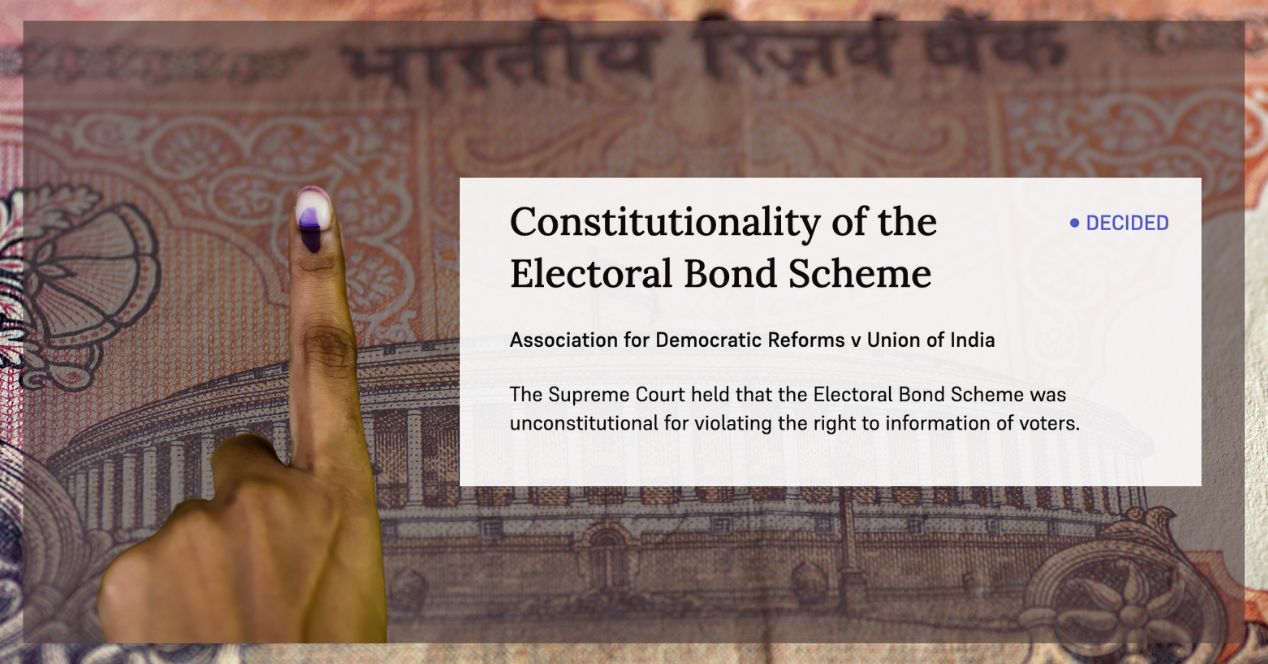Analysis
Trusting the Election Commission
In a hearing on electoral roll revision, the SC reiterated its inclination to trust the ECI, but not before offering friendly advice
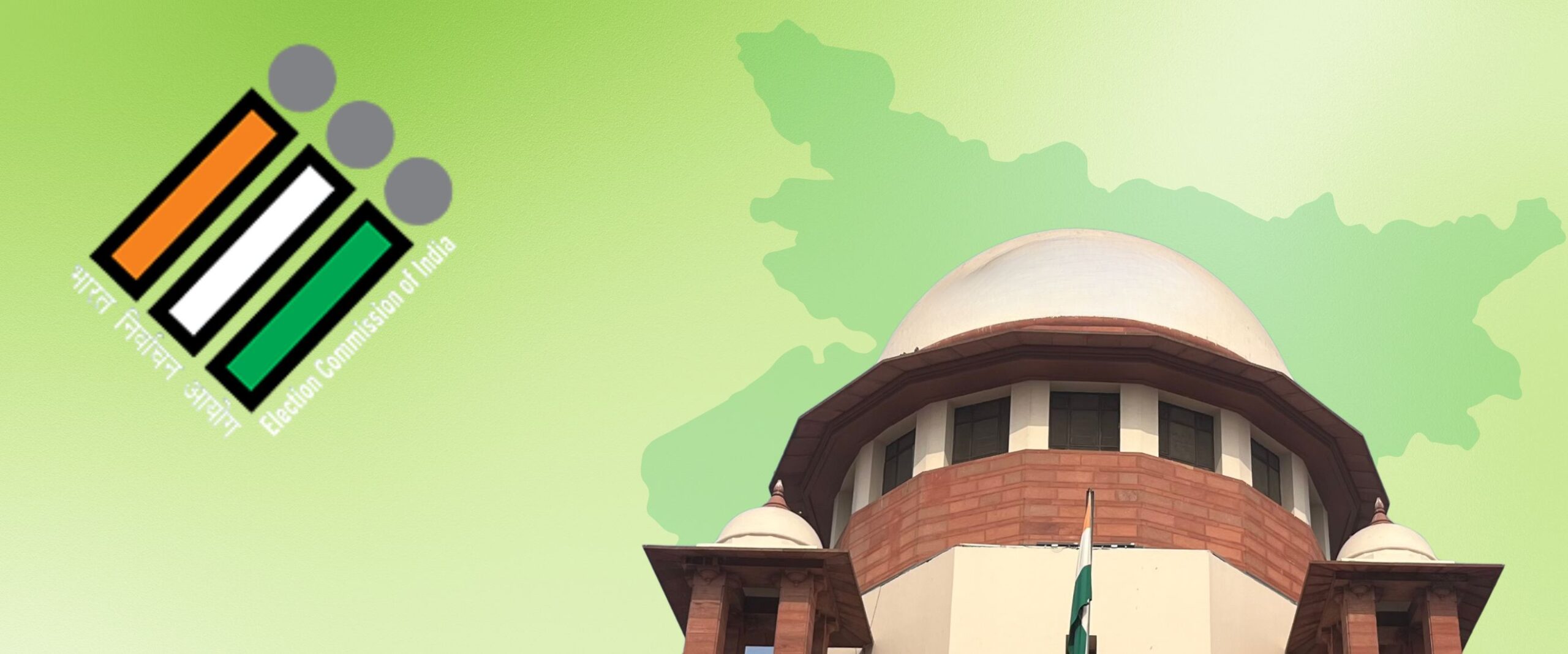
Earlier this week, the Supreme Court heard a challenge concerning the Special Intensive Revision (SIR) of electoral rolls in Bihar. The Election Commission of India (ECI) had notified the exercise ahead of assembly elections scheduled for later this year. As part of the SIR, those desirous of voting in Bihar must submit specified documents along with a form to ensure their inclusion on the rolls. The required documents do not mention readily available identifications such as Aadhaar, PAN or the Ration Card.
Multiple petitions were filed against the SIR. They argue that the process would disqualify people who have previously voted. They also contend that the exercise to validate citizenship, in the way the SIR seems to do, is the prerogative of the Union Government.
The ECI, on its part, relied on Articles 324 and 326 of the Constitution to reiterate its authority to carry out the SIR. It reasoned that the SIR maintains the authenticity of the rolls by accounting for deaths, migration and the inclusion of new voters. After hearing both sides, the Court scheduled the next hearing for 28 July. The Bench announced the date after the ECI requested that it wait to see how it addresses these concerns with a “fruitful complete exercise” within the 90-day period it has set for itself. (The Bench expressed serious doubts about this timeline.)
This development, and the Bench’s overall approach during the hearing, were consistent with the line the Court has taken in recent cases involving the ECI. Last year, it junked a plea seeking 100 percent verification of votes through Voter Verified Paper Audit Trail (VVPAT).
Article 324 states that the “superintendence, direction and control of the preparation of the electoral rolls” is with the ECI. Time and again, the Court has reiterated that the Commission should be trusted to carry out its job. In Mohinder Singh Gill v Chief Election Commissioner (1977), it had noted that the superintendence of elections must be given the broadest interpretation for areas not covered by legislation. In Kanhiyalal Omar v R.K. Trivedi (1985), it observed that Article 324 should be liberally interpreted to allow the ECI to issue executive orders as required.
In Lakshmi Charan Sen v A.K.M. Hassan Uzzaman (1985), the Court dismissed petitions requesting a stay on notifying elections in West Bengal until objections to an SIR were resolved. The petitioners claimed that 8 lakh complaints had been filed after the completion of the SIR exercise. Dismissing the petitioners’ arguments, the Court noted that there is a presumption of legality when a constitutional institution discharges functions vested in it.
The dissent in this case, authored by Justice Baharul Islam, requires close attention in the context of the Bihar SIR. Justice Islam had endorsed a consideration that has also been put forth by the petitioners in the Bihar case: “A large section of the electorate of our country consists of illiterate people and is not politically so conscious as to ensure their names are in the electoral roll.”
In the present case, the petitioners also favourably cited the Court’s decision in Lal Babu Hussein v Electoral Registration Officer (1995). There, the Bench had directed the ECI to furnish individuals who were suspected of being foreigners with proper reasons and material for their belief, and also a reasonable opportunity to defend themselves. It quashed a notice prohibiting an ECI officer from “entertaining certain documents” and noted that there should be value attached to the fact that an individual’s name was included in the “immediately preceding electoral roll.”
In Thursday’s proceedings, the Court avoided a direct response to the petitioners’ request for cancelling the SIR. It has, however, gently pushed the ECI to consider more inclusive approaches, such as delinking the exercise from the forthcoming elections and including Aadhaar, PAN and Ration Cards as valid documents. Should the advice have been a directive?

